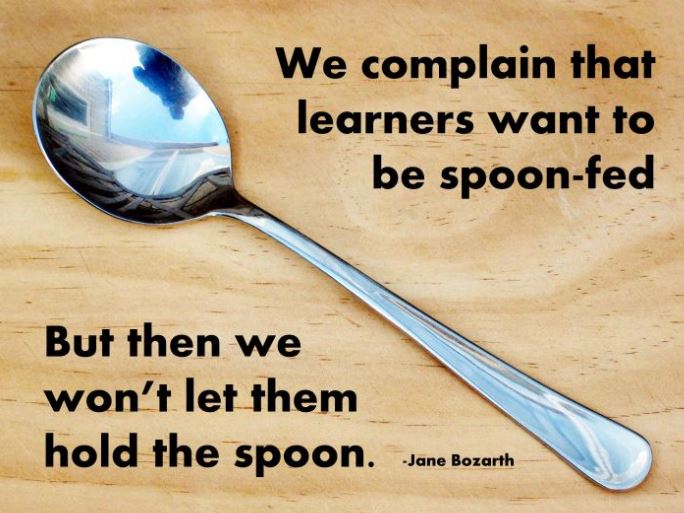I was in a conversation with my twenty-two year old son the other day, who is ending his first year of a plumbing apprenticeship in Melbourne. He had been working in the carbon-fibre industry in New Zealand, then decided Melbourne was where he wanted to live, so made the move, and started another career. I love his ability to set a goal, and make it happen.
In one of our many conversations, he shared with me that there are some people he likes working alongside more than others. I asked him what it was about those people that he enjoyed working alongside. He swiftly replied, “They let me do stuff”. He went on to describe the difference between the two approaches he was experiencing.
Approach 1: Do as you are told. Only do the things I know you can do easily. Don’t ask questions, and certainly don’t ask to do anything else than what I give you to do. Don’t make a mistake.
Approach 2: Ask questions. Give it a go, with me supporting you. Use your initiative.
As people leaders, we are in the business of cultivating human potential.
This is about creating an environment where people feel they can do their best work and can be supported in the process.
When this type of environment is created, we see productive and creative results flow.
Alternatively, when we micro-manage, place fear around actioning anything, and shut-down curiosity, we stifle growth.
However, I still hear leaders saying things like “They lack initiative”, or “They can’t think for themselves”, or “I can’t trust them to do the job correctly”.
Jane Bozarth sums it up in the following quote:

One key emotional intelligence capability for the future is self-reliance.
Self reliance is the power to be independent in planning and making important decisions, and the ability to take responsibility for yourself. (Note: this does not mean they can’t collaborate).
If we want to cultivate this capability in those we lead, then we need to give them the opportunities to develop it.
There are three key things we can do immediately that will cultivate the capability of self-reliance in those we lead.
- I do, We-do, You-do: Model, Do it together, then Shadow-coach.
- Paint it done: Be explicit on what it should look like at the end, then support them to get there (but don’t do it for them!)
- Ask questions: Get them to do the thinking, and support them with information as needed, but don’t constantly tell them how to think or what they should do.
In any interaction this coming week, ask yourself: “Who’s holding the spoon?”


